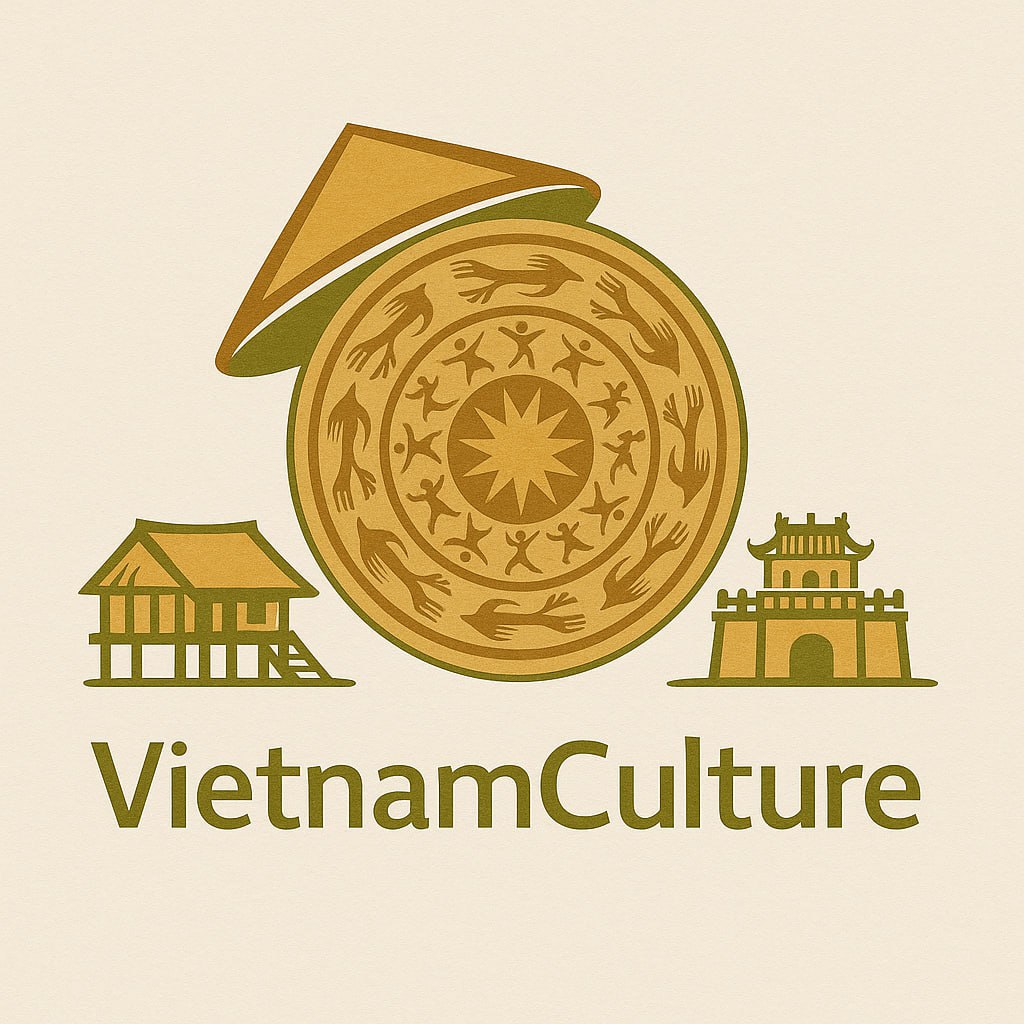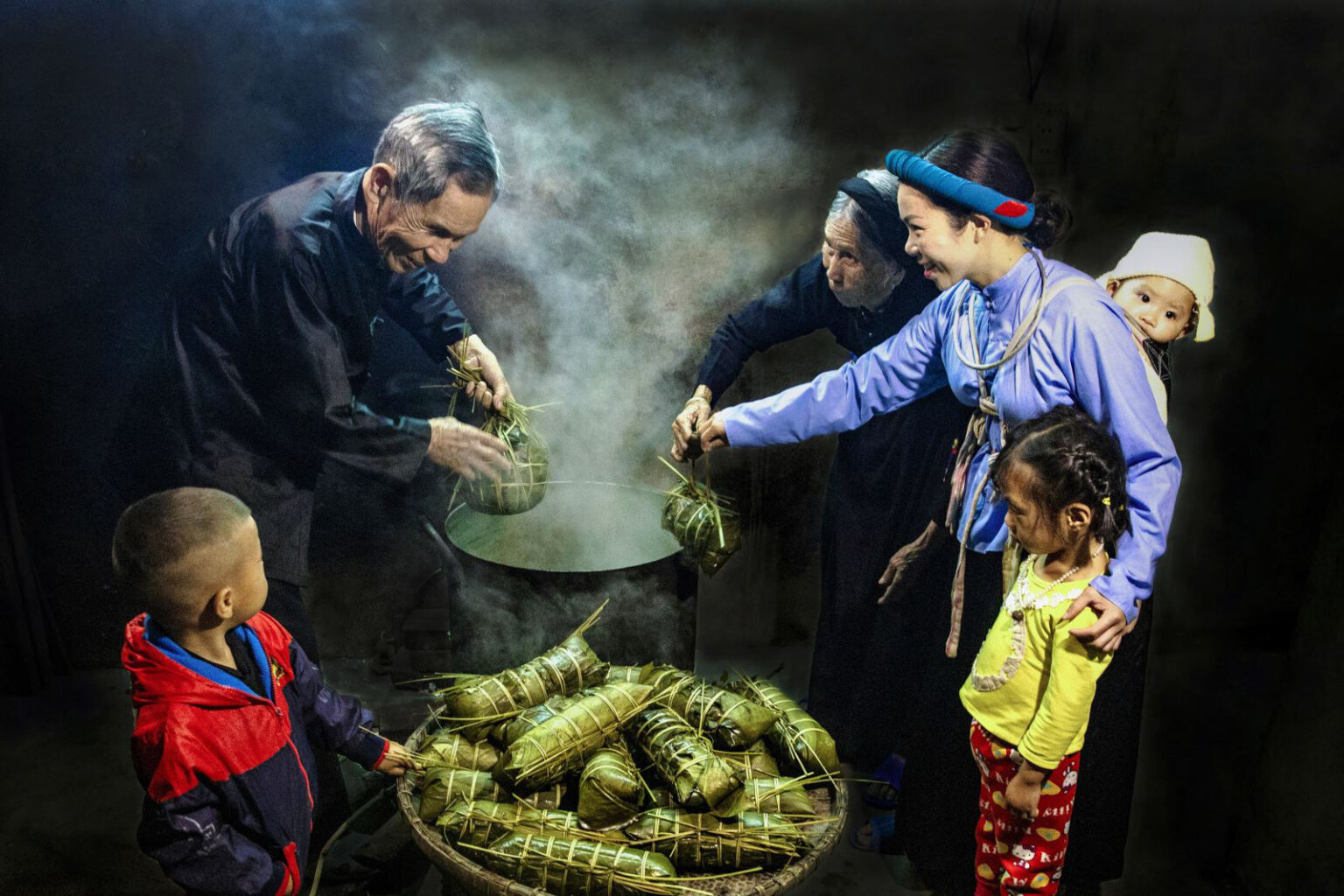Vietnam is a country rich in culture, history, and heritage. Among its many cultural treasures, one of the most enduring and defining characteristics is the Vietnamese family values. Deeply rooted in Confucian principles and agrarian traditions, these values have shaped the way Vietnamese people think, behave, and connect with one another for centuries. As the country moves toward modernization and global integration, these values continue to evolve while maintaining their core principles.
In this article, we’ll explore what Vietnamese family values mean, their cultural significance, how they manifest in daily life, how they’ve adapted to modern society, and why they remain one of the most admired aspects of Vietnamese life by foreigners.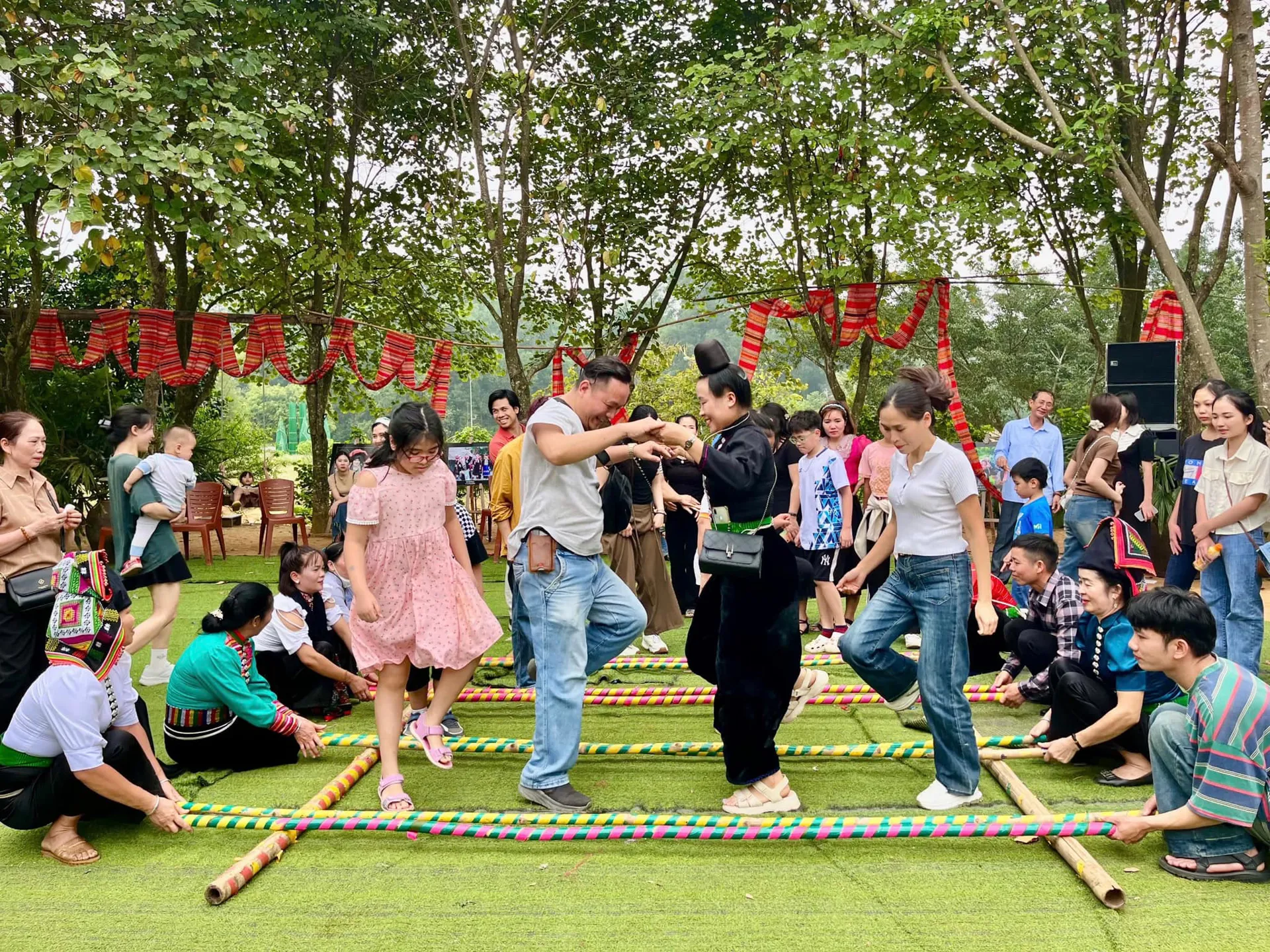
1. The Core of Vietnamese Family Values
1.1 The Importance of Family in Vietnamese Society
In Vietnam, the family is considered the smallest but most vital unit of society. Traditionally, family comes before individual interests, and personal success is often seen as a reflection of the family’s honor and legacy.
In Vietnamese, the term “gia đình” (family) implies not just a household, but a collective bound by blood, responsibility, and affection. The family is where moral and social values are nurtured, especially those that define Vietnamese identity.
1.2 Three Pillars: Gia đạo, Gia phong, and Gia lễ
Vietnamese family values revolve around three foundational elements:
- Gia đạo (Family Morality): This refers to the ethical code of conduct within the family. It promotes filial piety (hiếu thảo), loyalty, respect for elders, and harmony between family members.
- Gia phong (Family Discipline): These are the family customs and educational values passed down through generations. Each family takes pride in its unique “thói nhà” or family habits, which shape the behavior and personality of the next generation.
- Gia lễ (Family Rituals): These are the traditional ceremonies and social norms, such as ancestral worship, Tết celebrations, and respect shown through gestures like offering tea or bowing.
Together, these elements form a moral compass that guides generations in maintaining family honor, love, and unity.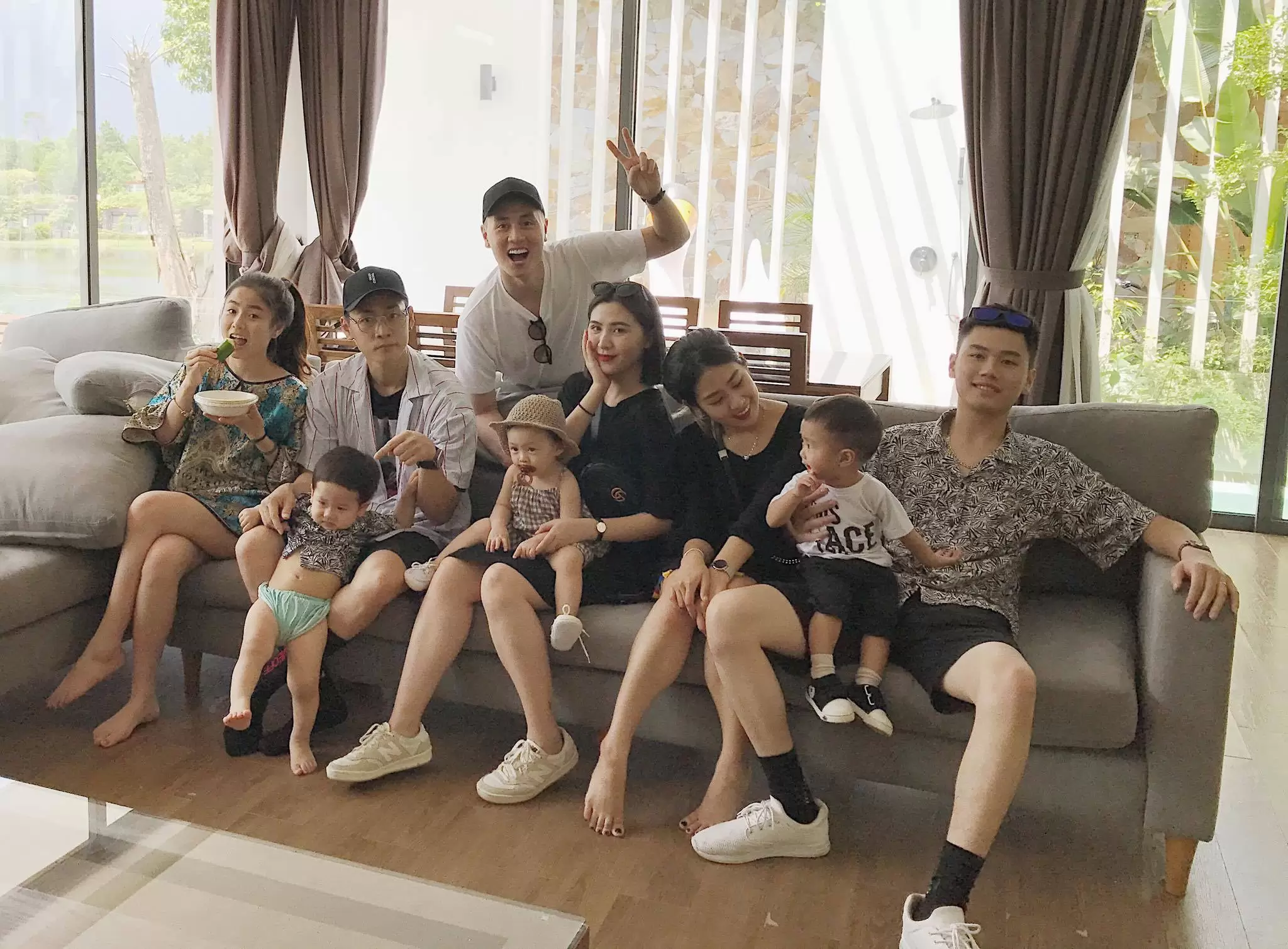
2. Multi-Generational Living: Harmony Across Generations
2.1 The Extended Family Structure
Unlike in many Western countries where nuclear families are more common, the traditional Vietnamese family often includes several generations living under one roof—grandparents, parents, children, and sometimes even aunts, uncles, and cousins. This structure fosters a sense of belonging, collective responsibility, and interdependence.
Children grow up under the guidance of their elders, learning not just from their parents but also from their grandparents’ wisdom and life experiences.
2.2 Respect for Elders
In Vietnamese culture, elders are highly respected. Younger generations are expected to greet elders with appropriate gestures, listen attentively, and offer help without being asked. Even today, family decisions often require the input or approval of the eldest members.
This reverence is deeply embedded in both social behavior and spiritual practices. Ancestral worship, for instance, is not merely ritualistic—it’s a way to express gratitude and maintain an emotional and spiritual connection with those who came before.
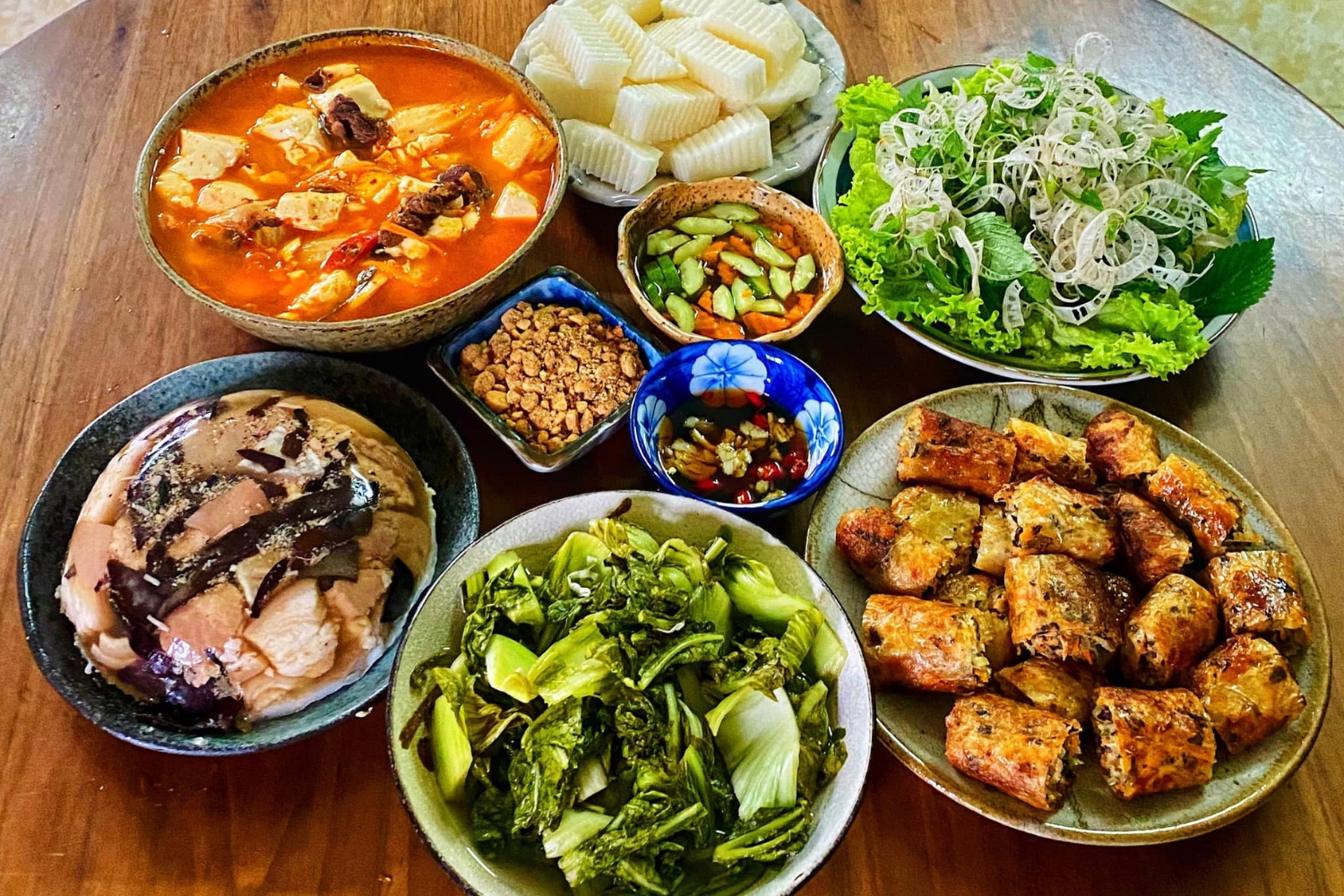
3. Filial Piety (Hiếu Thảo): The Golden Rule of Vietnamese Families
One of the most important aspects of Vietnamese family values is hiếu thảo—filial piety. This concept emphasizes a child’s duty to respect, care for, and repay the love and sacrifices of their parents and grandparents.
From a young age, Vietnamese children are taught that taking care of their aging parents is a non-negotiable moral responsibility. In rural and urban settings alike, it is common for adult children to cohabit with their parents or live nearby to ensure constant support.
Even when children migrate for education or work, regular phone calls, remittances, and home visits are ways to uphold filial obligations.
4. Gender Roles and Evolving Family Dynamics
4.1 Traditional Gender Roles
Historically, the father was regarded as the head of the family (gia trưởng), responsible for earning a living and making important decisions. The mother, meanwhile, was tasked with nurturing the children and managing household affairs. These clearly defined roles contributed to family stability but also limited personal freedom, especially for women.
Proverbs like “Đàn bà đáy thắt lưng cong, vừa khéo chiều chồng vừa khéo nuôi con” (“A woman with a graceful waist is both good at pleasing her husband and raising children”) highlight the expectations placed on Vietnamese women.
4.2 The Rise of Gender Equality
In modern Vietnam, these roles are gradually shifting. Women now play an increasingly active role in the workforce and public life, while men participate more in domestic duties. Equal partnerships in parenting and financial decision-making are more accepted and encouraged.
Although traditional roles persist in some rural or conservative families, the national trend leans toward more progressive and equitable family dynamics.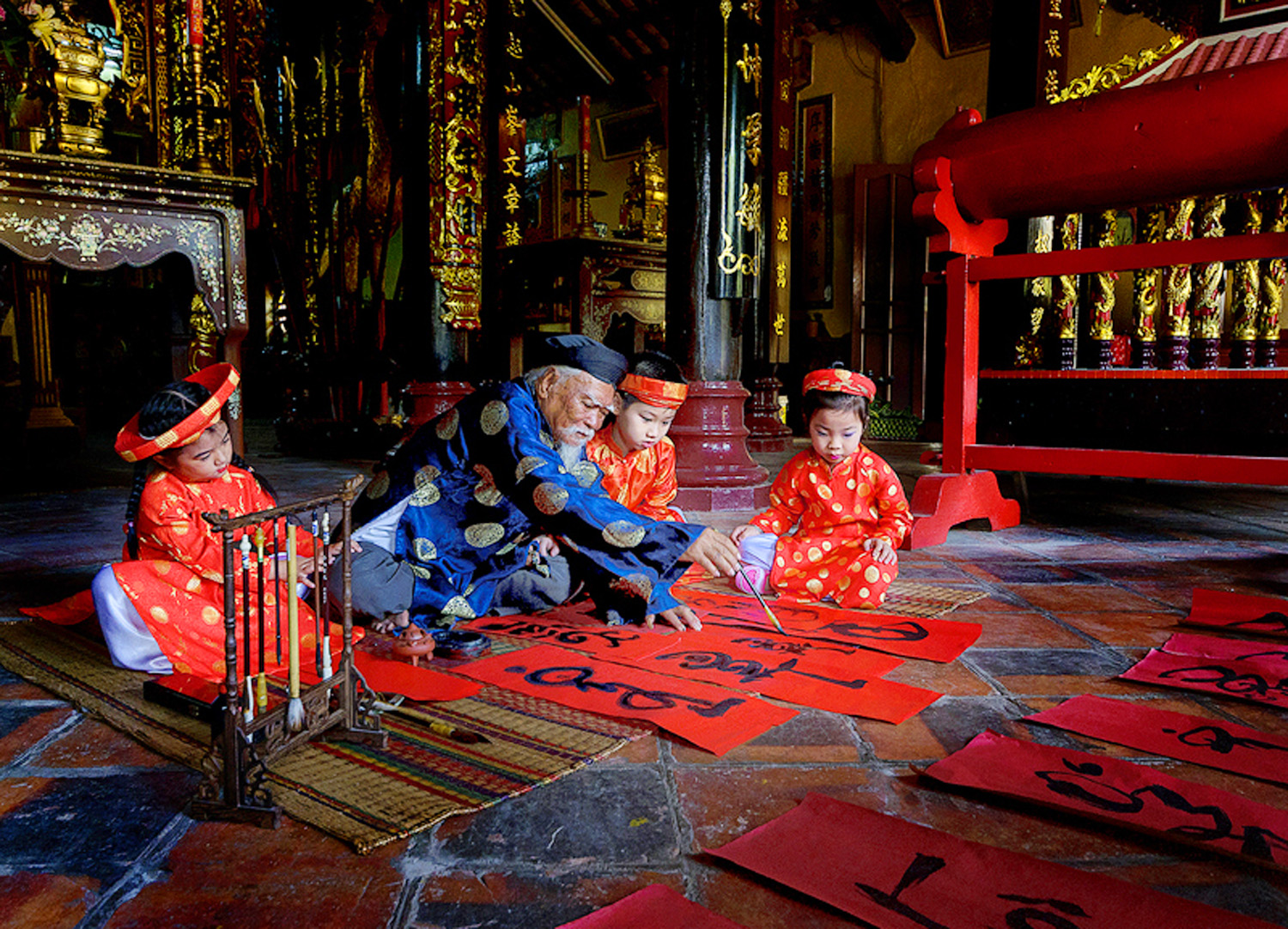
5. Education and the Value of Sacrifice
Education holds a sacred place in Vietnamese family values. Parents often make significant sacrifices to ensure their children receive a good education. The emphasis on learning stems from a long-standing Confucian tradition that views education as a path to virtue, prosperity, and societal respect.
This is evident in the way families spend on tuition, tutoring, and extracurricular classes—even at the cost of personal comfort. The goal is simple: better education leads to better lives and brings honor to the family name.
This prioritization of education has helped shape Vietnam’s young, dynamic, and increasingly globalized workforce.
6. Moral Teachings and Family Discipline
Discipline is an integral part of Vietnamese parenting. Respect, humility, and good manners are expected from children, and these values are often enforced through both gentle guidance and strict correction.
Proverbs and folk tales are commonly used to teach life lessons. For instance:
- “Công cha như núi Thái Sơn, nghĩa mẹ như nước trong nguồn chảy ra”
(“A father’s labor is as immense as Mount Thái Sơn, a mother’s love is as endless as spring water.”)
Such sayings instill a deep appreciation for parental love and a commitment to behaving with integrity and compassion.
7. Community, Neighborhood, and Collective Identity
Vietnamese families don’t exist in isolation. They are part of a broader community where neighborhood relationships (tình làng nghĩa xóm) are highly valued. Families often come together for communal activities, festivals, and mutual assistance in times of need.
Phrases like “Tối lửa tắt đèn có nhau” (“In darkness or in light, we help each other”) reflect this sense of collective responsibility and solidarity. These social ties strengthen emotional resilience and ensure that family values are reinforced through community interaction.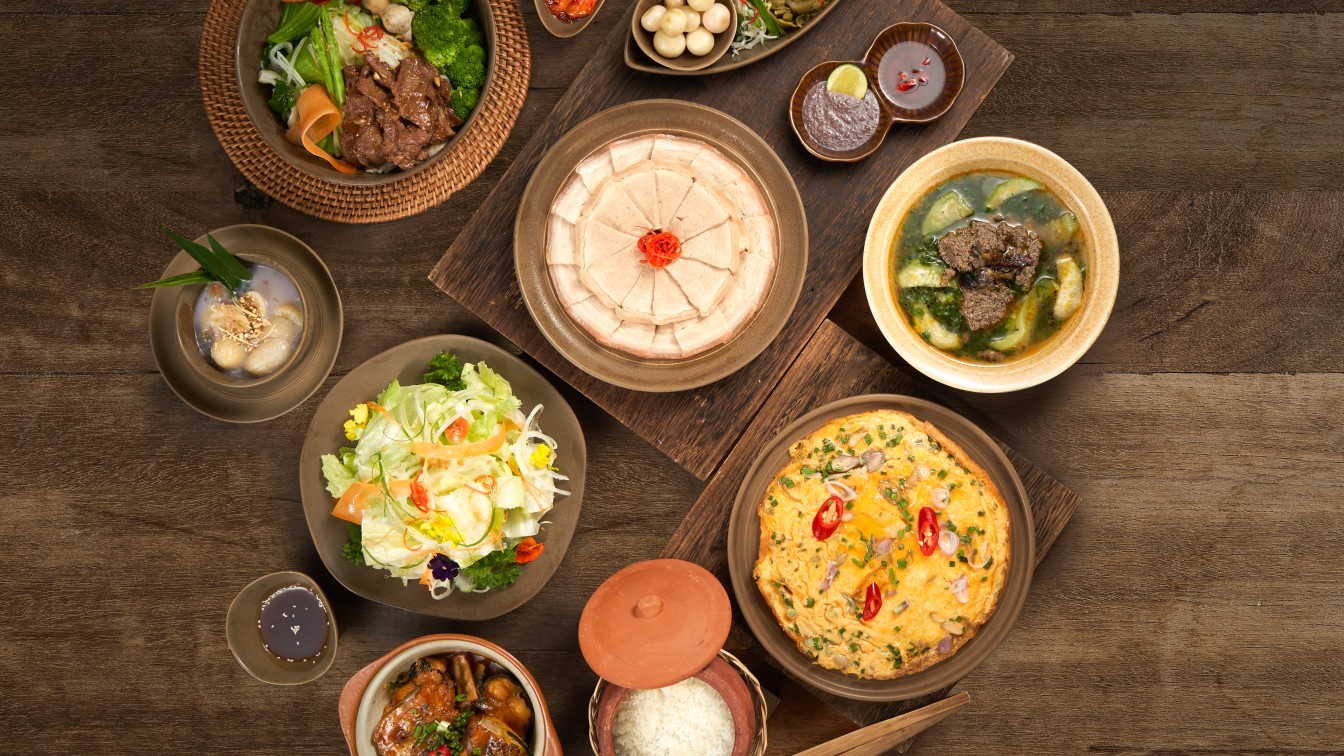
8. Family Values in the Modern Era
8.1 Challenges in a Changing Society
With urbanization, digitalization, and a faster pace of life, the traditional Vietnamese family faces several challenges. These include:
- Increasing divorce rates.
- Youths spending more time on digital devices than with family.
- Migration leading to geographical separation.
- Rise of nuclear families over multi-generational homes.
Despite these changes, the core values remain resilient. Efforts by the government and civil society, including National Family Day (June 28), aim to revive, preserve, and promote traditional family values.
8.2 The Blend of Tradition and Modernity
Modern Vietnamese families are finding creative ways to maintain their traditions. For example:
- Using video calls for ancestral worship when living abroad.
- Incorporating old values into modern wedding ceremonies.
- Promoting mutual respect and emotional intelligence in parenting.
Even in cities like Hanoi or Ho Chi Minh City, where high-rise apartments have replaced family compounds, traditions like cooking together for Tết or celebrating grandparents’ birthdays are kept alive.
9. Why Vietnamese Family Values Fascinate Foreigners
Foreigners often express admiration for the warmth, respect, and hospitality they encounter in Vietnamese homes. Being invited to a Vietnamese family meal is considered a great honor. Guests often witness the tight bonds, shared laughter, and unspoken rules that define Vietnamese domestic life.
Many expats find themselves adopting certain Vietnamese family values, such as eating meals together, taking care of elders, or celebrating family milestones with sincerity and ceremony.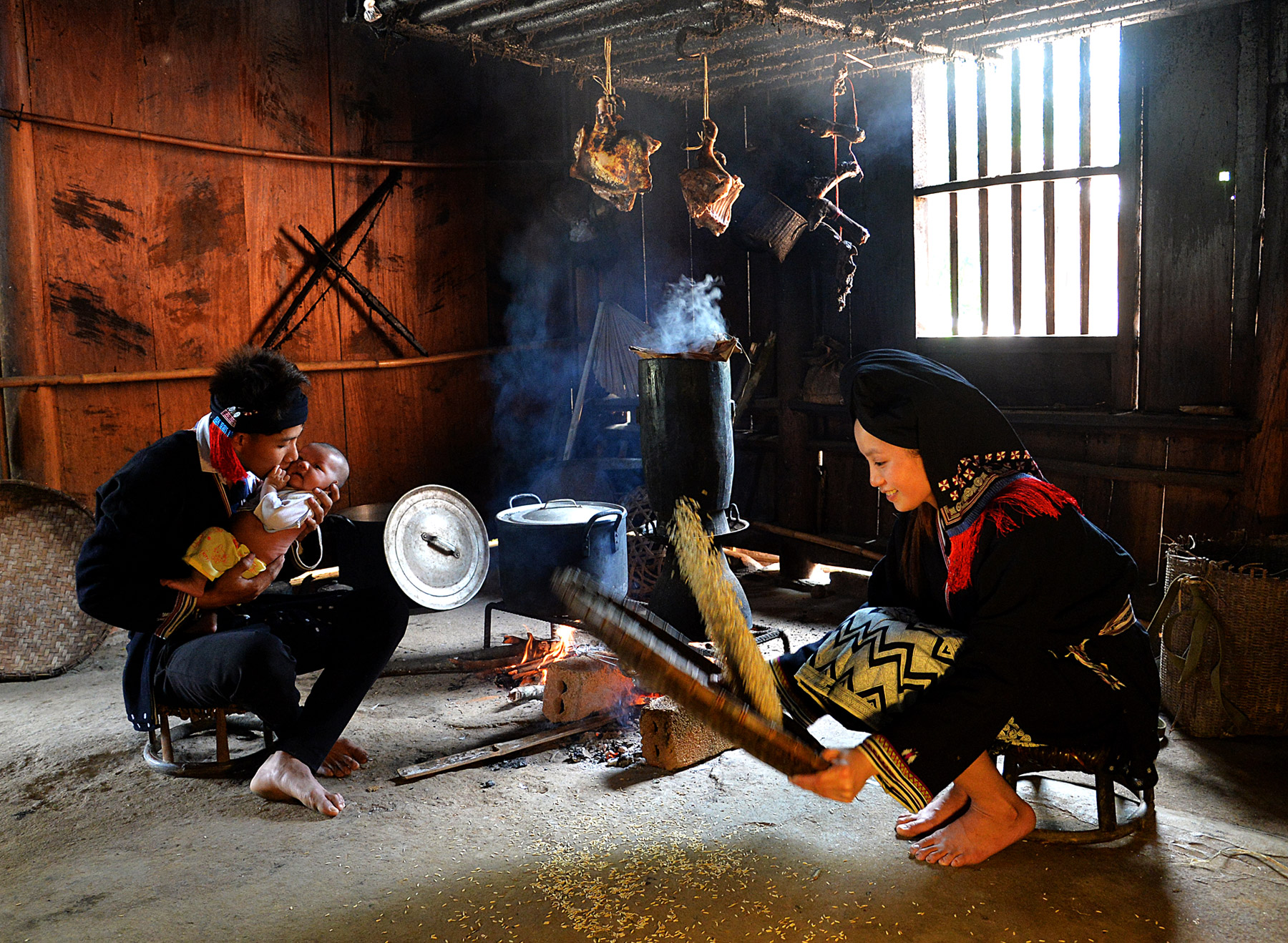
Conclusion: Vietnamese Family Values as Cultural Identity
Vietnamese family values are more than just traditions—they are the living soul of the nation. They encapsulate love, duty, harmony, and resilience. Whether through ancestral altars, lullabies, shared meals, or sacrifices for education, these values paint a rich tapestry of what it means to be Vietnamese.
In a world increasingly marked by individualism and rapid change, Vietnamese family values offer a reminder of the strength found in unity, the beauty in caring for others, and the importance of knowing where we come from with Vietnam Culture.
See more post: Vietnam traditional festivals: Discover the heart and soul of Vietnamese culture
